Introduction:
The dignity and importance of Kazi Nazrul Islam in the twentieth century Bengali mind is immense. As a poet, writer, musician, journalist, editor, politician and soldier, Nazrul was always protest against injustice and injustic. He is known as one of the best personalities in the field of Bengali literature, society and culture and he was one of the leading figures of Bengali Manisha. His poems and songs are equally admired in West Bengal and Bangladesh. He has been called a rebel poet because of his rebellious attitude in his poetry.
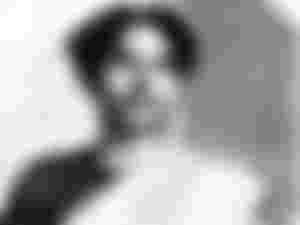
Birth and place:
Kazi Nazrul Islam was born on 24 May 1899 in the village of Churulia, Asansol subdivision, Burdwan district, West Bengal, India. The village of Churulia is located in the Jamuria block of Asansol subdivision.
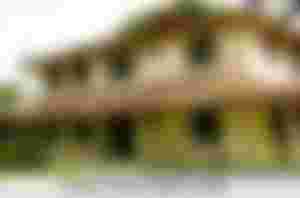
He is the sixth child of Zaheda Khatun, the second wife of Kazi Fakir Ahmed, son of grandfather Kazi Amin Ullah. His father, Fakir Ahmad, was the imam of the local mosque and the caretaker of the khadem. Kazi Ali Hossain is the youngest of Nazrul's three brothers and Kazi Sahebjan is the eldest of the two sisters and Umme Kujlsum is the youngest.
Education :
Nazrul worked as a muezzin in the local mosque in the village. He started studying Quran, Islam, philosophy and Islamic theology in Maktab (a religious school run by Muslims). His father died in 1908, when he was only nine years old. After the death of his father, his education was disrupted due to family hardships and he had to go to work to earn a living when he was only ten years old.In 1910, Nazrul returned to student life. He was first admitted to Raniganj Searsol Raj School and later to Mathrun High English School (later Nabinchandra Institution). The head-master of the latter school was the poet Kumudaranjan Mallick; Nazrul got close to him. Unfortunately, Nazrul's student life was disrupted again after the sixth grade due to financial difficulties. Leaving Mathrun School, he first worked for Basudeb's Kabidal, later as a butcher for a Christian railway guard, and finally for a tea-bread shop in Asansol. While working in a tea-bread shop, Nazrul met Rafizullah, an inspector of Asansol, and it was through him that Nazrul was admitted in the seventh grade in 1914 at Darirampur School in Trishal, Mymensingh district. A year later, he returned to his village and in 1915 he was again admitted in the eighth class of Raniganj Siarsol Rajskul. Nazrul studied in this school continuously from 8th to 10th class in 1915-1916 . Nazrul joined the army in late 1917 during the pretest test.
Career:
From the end of 1917 to March-April 1920, Nazrul's military life spanned about two and a half years. During this time he rose from an ordinary soldier of the 49th Bengali Regiment to Battalion Quartermaster Habildar. After the end of the First World War, Nazrul returned to the country in March 1920 and started his literary career in Calcutta. His first refuge in Calcutta was at the office of the Bengal Muslim Literary Society at 32 College Street with Muzaffar Ahmed, one of the officers of the society. From the very beginning his newly written 'Bandhan-Hara' novels were published in Moslem Bharat, Bengali Muslim literature paper. April-June 1921 was a very important and significant time for Nazrul's life. At this time he met Ali Akbar Khan, the publisher of the book, at the office of the Muslim Sahitya Samiti, and with him Nazrul first came to Birjasundari Devi's house in Comilla. Here he met Premila and they got married on the basis of this identity.
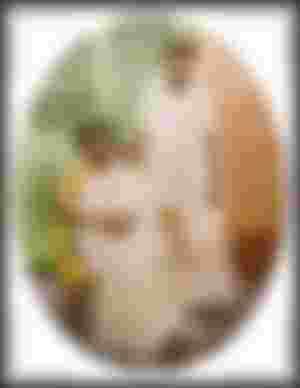

Although he became a Muslim, he named his four children in both Bengali and Arabic / Persian. Such as: Krishna Muhammad, Arindam Khaled (Bulbul), Kazi Sabyasachi and Kazi Aniruddha.
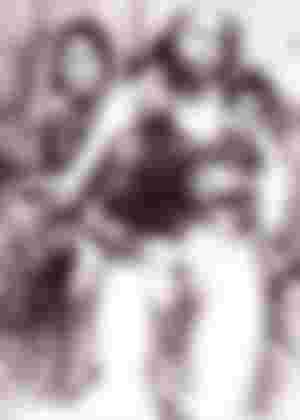
Sickness and Bring to Bangladesh:
In 1942 he fell ill. He lost his speech. His illness became clear in July 1942. He was then given homeopathy and ayurvedic treatment. But it did not improve his condition. At that time, if it was possible to send him to Europe, he would undergo neurosurgery. But that did not happen because of World War II. Towards the end of 1942, he also lost his mental balance. Then in May 1953 Nazrul and Premila Devi were sent to London for treatment. He left Howrah Railway Station on May 10 for London. After arriving in London, several specialist doctors tried to diagnose him. The poet was examined on December 9, 1953. From the results. Huff said the poet is definitely suffering from a neurological problem called pixie's disease. The frontal and lateral lobes of the brain of affected by this disease become constricted. He added that it was impossible to cure the poet from his present condition.In 1971, the Bengalis won the war of independence of Bangladesh and an independent state called Bangladesh was established. On 24 May 1972, with the permission of the Government of India, Nazrul was brought to Bangladesh with his family.

The then President of Bangladesh Sheikh Mujibur Rahman took special initiative in this regard. The poet spent the rest of his life in Bangladesh. In 1978, an official order was issued to grant Nazrul the citizenship of independent Bangladesh. He is declared national poet of Bangladesh by Government.

Literature Work:
His notable work:
Poetry:
Agniveena (poetry),Sanchita (poetry collection), Phanimansa (poetry),Chakrabak (poetry), Satbhai Champa (Poetry), Fountain (poetry), Notun chad (Poetry), Moruvaskar (poetry). Moruvaskar (poetry), Sanchayan (poetry collection) Nazrul Islam: Islamic Poetry (Collection of Poems)
Poetry and music:
Dolan-champa (poetry and song), Poison Flute (Poems and Songs), Bhangar Gaan (Poems and Songs),Chayanat (poetry and song), Chittanama (poetry and song), Sammobadi (poetry and song),Puber Hawa (poetry and song), Proletariat (poetry and song), Indus Hindol (poetry and song), Jinjir (poetry and song), Prolay Shikha (poetry and song).
Songs: He gave birth to a new genre of Bengali poetry. This is Islamic music or ghazal. Apart from this, he also composed many excellent Shyama songs and Hindu devotional songs. Nazrul composed about 3000 songs and composed most of them which are now known as Nazrul Sangeet or "Nazrul Geeti" and are especially popular.
Short story:
Bethar dan (short story), Rikter Bedan (Short Story), Shiuli Mala (Story) and many more
Novel:
Bandhan Hara (Novel), Mritru khudha (Novel), Kuhelika (novel). Drama Jhilimili (drama), Aleya (lyric drama), Putuler biye (Teenage Drama), Madhumala (lyric drama), Jhar (Teenage Poetry-Drama), Pile Patka Putul's Marriage (Teenage Poetry-Drama).
Essays:
Jugbani (essay), Jhinge Phul (Essay), Durdiner jatri (essay), Rudra Mangal (Essay), Dhumketu (essay).
Last Life:
Despite adequate treatment, Nazrul's health did not improve much. Kazi Aniruddha, the poet's youngest son and famous guitarist, died in 1984. In 1978, Nazrul's health began to decline. He spent the last days of his life in PG Hospital, Dhaka. He died on 29 August 1976 at the age of 77. Considering the last wish of the poet, it was decided to bury the poet next to the central mosque of Dhaka University and his tomb was constructed accordingly.
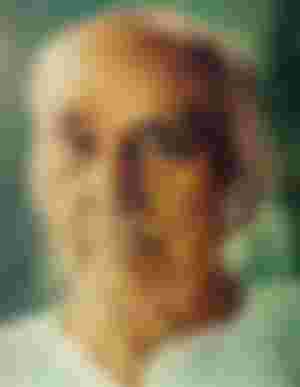

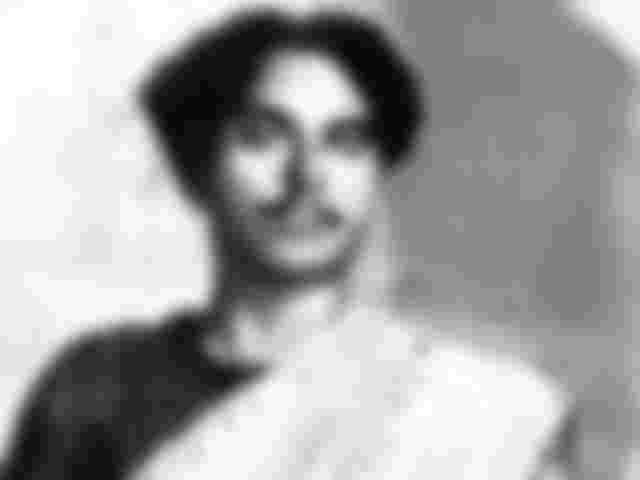
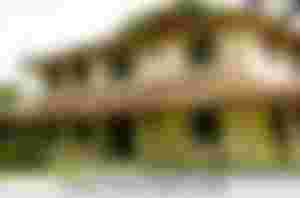
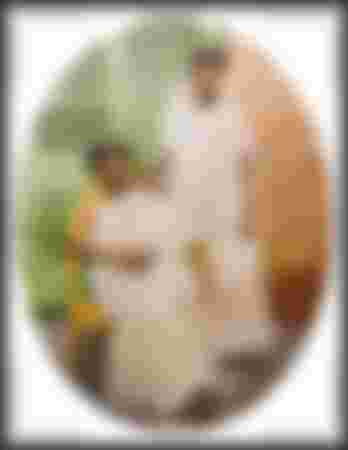

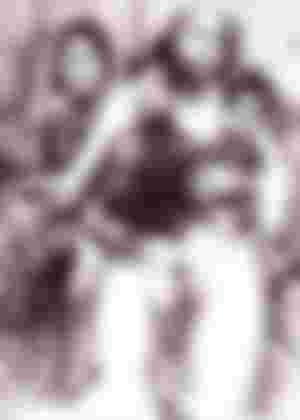
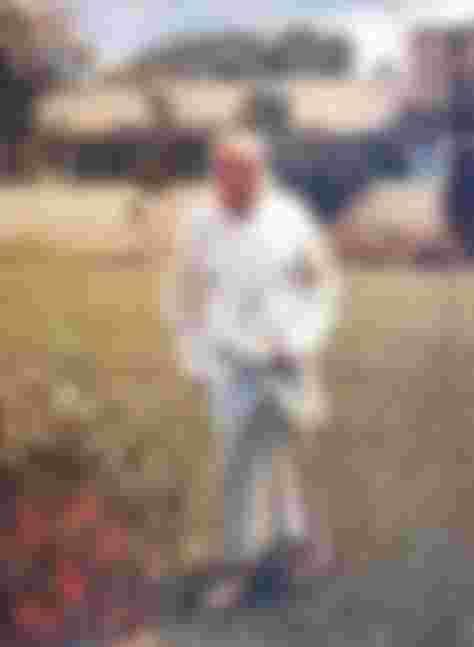
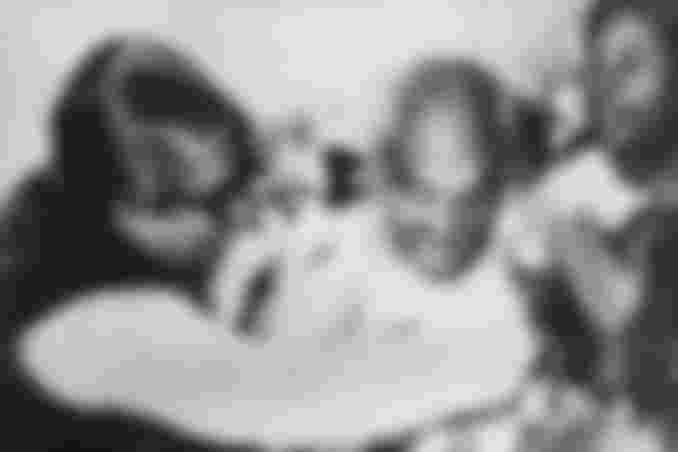
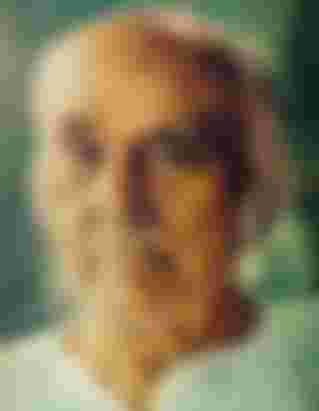
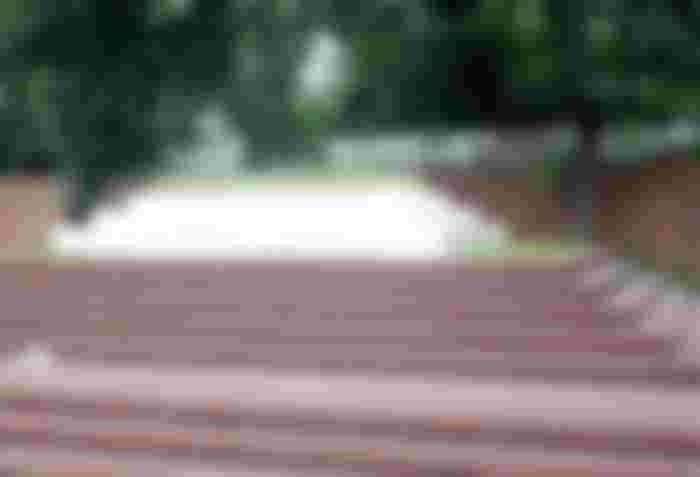
Interesting personality. After watching David Wood on YouTube I am not sure anyone will study and stay in Islam now.